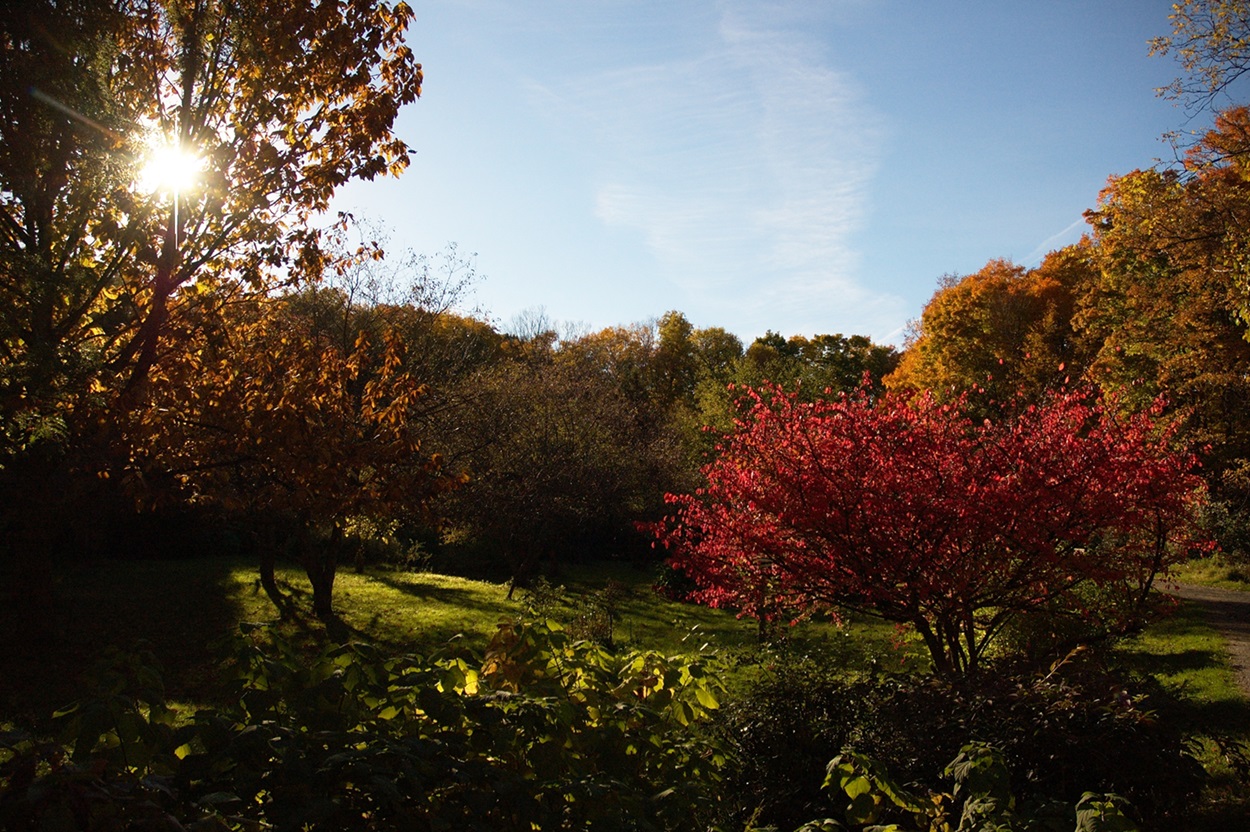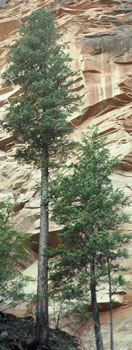Larch is the Latin name for conifers of genus Larix of the pine family (Pinaceae). All 10-12 species of Larix grow in the Northern Hemisphere; 3 are in Canada. Tamarack (L. laricina) is a small tree of cold, wet areas from eastern BC to the Atlantic Provinces. Alpine larch (L. lyallii) occurs at high elevations in southern BC and Alberta. Western larch (L. occidentalis) is a large tree of southern BC and southwestern Alberta.
Larches are slender, with straight, gradually tapering trunks and narrow, irregular crowns. Larches are the only Canadian deciduous conifers, turning golden and shedding all their leaves in fall. The leaves are needlelike, soft and borne in clusters on dwarf twigs. The cones are 1-4 cm long, and composed of smooth scales and pointed bracts (modified leaves). Western larch is the most important timber-producing larch. Tamarack is used for pulp. Tannin, for tanning leather, can be extracted from the bark of the larch.

 Share on Facebook
Share on Facebook Share on X
Share on X Share by Email
Share by Email Share on Google Classroom
Share on Google Classroom




